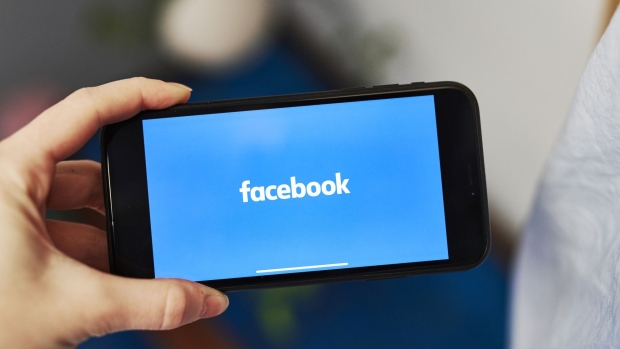Jun 30, 2020
Facebook bulls urge buying on boycott-driven weakness
, Bloomberg News

Facebook Inc. shares look undervalued following recent losses related to advertiser boycotts, as the scale of the erased market capitalization eclipses the lost revenue, analysts said on Tuesday.
The boycotts are related to the social-media company’s policies about hate speech and disinformation on the platform, and about 250 advertisers have halted or paused spending, according to a Morgan Stanley list. However, the firm noted that this includes “only 13 of the largest 100 advertisers in the U.S.,” suggesting a limited revenue impact.
Facebook’s “advertising dollar base is highly diversified,” and even if all of the top 100 pulled spending for July, “it would only equate to ~US$1bn of lost revenue (or 1 per cent of annual revenue),” and about 3 per cent of annual earnings per share. “This math,” analyst Brian Nowak wrote, “speaks to FB’s ability to manage through a large advertiser pullback,” especially as other marketers “will step in and bid with if/when pricing drops.”
The firm reiterated its overweight rating and US$230 price target on the stock, adding that it would buy on weakness.
Shares of Facebook rose 1 per cent on Tuesday. The stock is about 8 per cent below a record close hit earlier this month, though it has risen more than 50 per cent off a March low. Most of the boycott-related weakness was concentrated on Friday, when shares fell more than 8 per cent.
Morgan Stanley was not the only firm to suggest that recent share losses were overdone.
On Monday, Citi wrote that the selloff implied the list of advertisers joining the boycott in July would expand by 19-fold, or that the marketers would permanently halt their spending.
In addition, Bloomberg Intelligence estimated the boycotts “could cost Facebook over US$250 million” in sales. To compare, Wall Street expects Facebook will report second-quarter revenue of US$17.1 billion, and US$77.1 billion for the full year.
In another factor that could diminish the odds of the boycott growing in size or duration, Facebook recently announced changes on issues related to hate speech and disinformation, and on Tuesday, it said it would prioritize original reporting in its News Feed.
Rosenblatt Securities called such moves an “olive branch,” adding that “while time will tell what this means tangibly and the level of satisfaction it brings brand boycotters, it is a notable change in tone.” The firm reiterated its buy rating and US$244 price target, seeing a favorable risk profile even despite headline risk in the near term.









